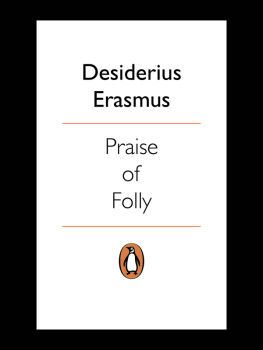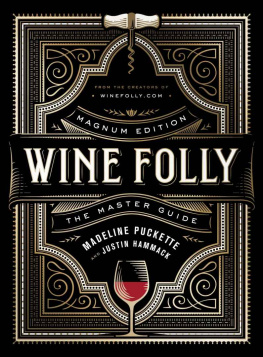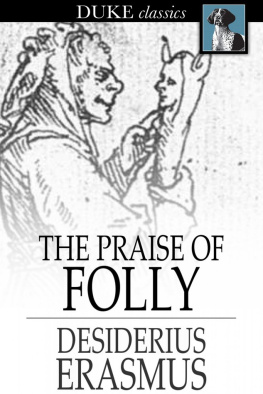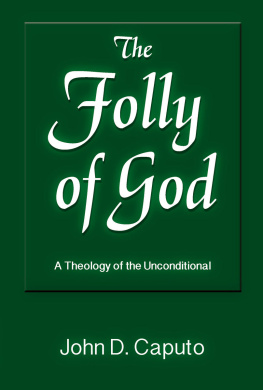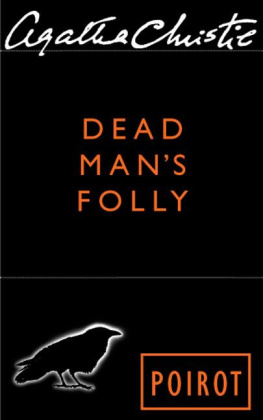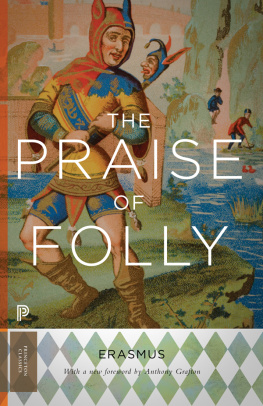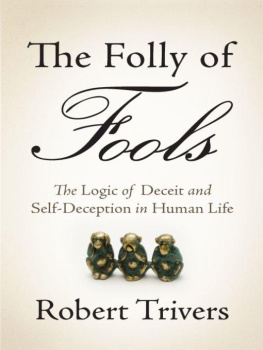Desiderius Erasmus
PRAISE OF FOLLY
AND
LETTER TO MAARTEN VAN DORP 1515
Translated by Betty Radice
with an Introduction and Notes by
A. H. T. Levi
Contents
PRAISE OF FOLLY AND LETTER TO MAARTEN VAN DORP, 1515
Desiderius Erasmus, born about 1469, went to school at Gouda, Utrecht and Deventer. He became the most famous humanist of the Northern Renaissance and led the humanist reform in theology, education, rhetoric and classical studies. He was a brilliant satirist whose evangelical humanism led him into conflict both with the scholastics and with Luther. Erasmus travelled widely. He studied and taught in Paris, and at the invitation of one of his pupils, Lord Mountjoy, came to England, where he spent the happiest years of his life and became a close friend of Thomas More, with whom he translated Lucian, and to whom he dedicated the Praise of Folly. Italy, where Pope Julius II was conducting his military campaigns, disappointed him, and he ended his life, saddened by the sharpening of the religious conflict, in Basle, where he died in 1536. He published the first Greek text of the New Testament, the Adages, the often ironic Colloquies, the satirical Ciceronianus and numerous editions of classical and patristic authors. His vast correspondence shows that he was in touch with all Europes leading princes and scholars and his prolific writings make him a figure not only of scholarly interest but also of outstanding literary importance.
Betty Radice read classics at Oxford then married and, in the intervals of bringing up a family, tutored in classics, philosophy and English. She became joint editor of the Penguin Classics in 1964. As well as editing the translation of Livys The War with Hannibal she translated Livys Rome and Italy, the Latin comedies of Terence, Plinys Letters and The Letters of Abelard and Heloise, and also wrote the introduction to The Odes and Epodes by Horace, all for the Penguin Classics. She also translated from Italian, Renaissance Latin and Greek for the Officina Bodoni of Verona. She collaborated as a translator in the Collected Works of Erasmus and was the author of the Penguin reference book Whos Who in the Ancient World. She was an honorary fellow of St Hildas College, Oxford. Betty Radice died in 1985.
A. H. T. Levi was born in 1929. He studied philosophy in Germany and modern languages at Oxford before taking a degree in theology. He taught at the universities of Oxford and Warwick before becoming Buchanan Professor of French Language and Literature at the university of St Andrews. He has published extensively on the Renaissance and the seventeenth century in France as well as more generally on literary and theological topics. He hopes shortly to complete a Guide to French Writers and then to return to projected books on sixteenth- and seventeenth-century French literature.
The Metsijs portrait on the cover of this volume depicts Erasmus writing his Paraphrasis of Romans and was completed in 1517, half of a diptych sent by Erasmus and Pierre Gilles, the Secretary of the City of Antwerp, to their common friend Thomas More. More had dedicated Utopia to Gilles, who was a lifelong friend of Erasmus. The original portrait of Pierre Gilles is at Longford Castle, but the original portrait of Erasmus has not been conserved, although several good copies exist, notably at Antwerp and in the Palazzo Corsini, Rome.
Preface to the 1993 Edition
The cooperation between translator and editor that led to this edition of the Praise of Folly was conceived in 1969, the quincentenary year of Erasmuss birth, and grew out of the interest in Erasmus stimulated by the centenary. Editor and translator each carefully revised and accepted joint responsibility for the work of the other. The flurry of scholarly activity, symposia, colloquies, collective and individual volumes carried on for a number of years after the centenary, creating among its lasting monuments the great Amsterdam critical edition of the works and the Toronto Collected Works of Erasmus in English. Further translations of the Praise of Folly also appeared. However, the Toronto editors selected Mrs Radices translation, which also appeared in the Folio collection, and the editor was invited by the Toronto University Press to undertake the general editing of the two volumes of The Collected Works in which this translation of the Praise of Folly, together with five other Erasmus texts, appeared in 1986.
Since the Toronto edition of the Praise of Folly was prepared, three things have happened, each of which on its own would have been sufficient to demand a revision of the original Penguin Classic. First the magisterial critical edition of the Latin text by Professor Clarence Miller, published in Amsterdam, demonstrated that in 1514, after the death of Pope Julius II in 1513, Erasmus had strengthened his text considerably in two important ways: by sharpening the attack on the scholastic theologians, and by increasing his perfectly serious insistence that Christian sanctity is folly to the world. Other modifications were made to the text later, one of which reflects the growing inevitability of the schism, but for practical purposes it is now necessary to distinguish three states of the text. These are the first authorized state as printed a year after the original 1511 editions by Josse Bade in 1512, the augmented text printed by Matthias Schrer in 1514 and the virtually final text printed by Johann Froben in 1521. The last text corrected by Erasmus before his death was that of Froben and Bischoff (Episcopius) of Basle 1532.
Second, since the 1987 publication by Francis Clark of his two-volume work the Pseudo-Gregorian Dialogues it has been impossible to uphold the very great authority with which much popular medieval teaching on purgatory and demonology used to be invested. It had previously been believed mistakenly that the Dialogues to which coarsened late-medieval Christian piety looked for support were the work of the last of the great Latin Fathers, Pope St Gregory the Great. In other words, the superstitions witheringly satirized by Erasmus turn out not to have had the backing of the very considerable authority of Gregory after all.
Third and most important, historians familiar with late-medieval spiritual traditions have shown that Erasmuss piety needs to be evaluated in a way that has become fully apparent only in the late 1980s. The whole thrust of Erasmuss single most forthright statement of his own spirituality as expounded in what he referred to as the Folly, strengthened by the 1514 and subsequent additions to the text, was directed towards the mockingly humanistic restatement of the unlettered pious ideals in which Erasmus had been brought up. This was the spirituality of the Imitation of Christ, a collection of four treatises written by Thomas Kempis in the third decade of the fifteenth century.

